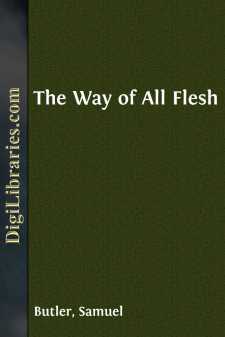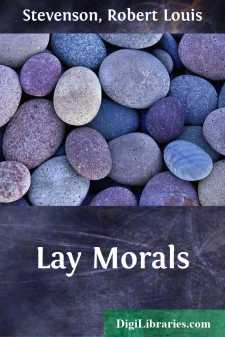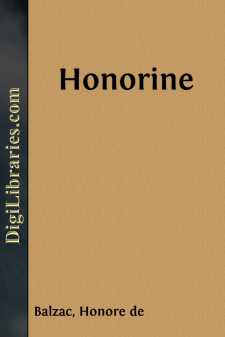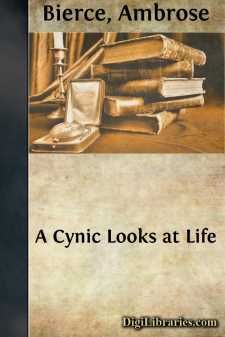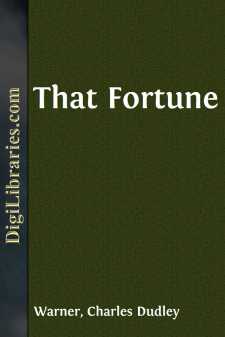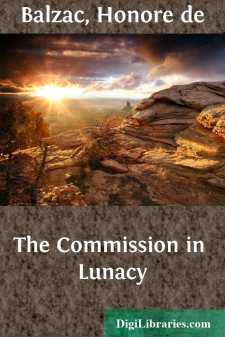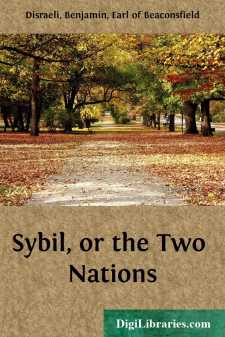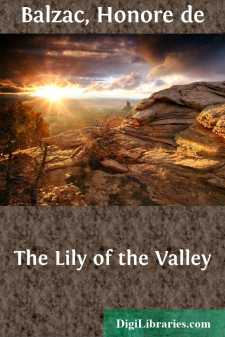Literary Collections
- American 84
- Ancient, Classical & Medieval 14
- Asian 1
- Australian & Oceanian 1
- Canadian 55
- Continental European 121
- English, Irish, Scottish, Welsh 179
- Essays 160
- General 24
- Letters 46
- Middle Eastern 1
Literary Collections Books
Sort by:
by:
Samuel Butler
CHAPTER I When I was a small boy at the beginning of the century I remember an old man who wore knee-breeches and worsted stockings, and who used to hobble about the street of our village with the help of a stick. He must have been getting on for eighty in the year 1807, earlier than which date I suppose I can hardly remember him, for I was born in 1802. A few white locks hung about his ears, his...
more...
In our long voyage on the yacht Casco, we visited many islands; I believe on every one we found the scourge of leprosy. In the Marquesas there was a regular leper settlement, though the persons living there seemed free to wander where they wished, fishing on the beach, or visiting friends in the villages. I remember one afternoon, at Anaho, when my husband and I, tired after a long quest for...
more...
by:
Honore de Balzac
HONORINE If the French have as great an aversion for traveling as the English have a propensity for it, both English and French have perhaps sufficient reasons. Something better than England is everywhere to be found; whereas it is excessively difficult to find the charms of France outside France. Other countries can show admirable scenery, and they frequently offer greater comfort than that of France,...
more...
by:
Voltaire
INTRODUCTION François Marie Arouet, who called himself Voltaire, was the son of François Arouet of Poitou, who lived in Paris, had given up his office of notary two years before the birth of this his third son, and obtained some years afterwards a treasurer’s office in the Chambre des Comptes. Voltaire was born in the year 1694. He lived until within ten or eleven years of the outbreak of the...
more...
by:
Ambrose Bierce
I The question "Does civilization civilize?" is a fine example of petitio principii, and decides itself in the affirmative; for civilization must needs do that from the doing of which it has its name. But it is not necessary to suppose that he who propounds is either unconscious of his lapse in logic or desirous of digging a pitfall for the feet of those who discuss; I take it he simply wishes...
more...
On a summer day, long gone among the summer days that come but to go, a lad of twelve years was idly and recklessly swinging in the top of a tall hickory, the advance picket of a mountain forest. The tree was on the edge of a steep declivity of rocky pasture-land that fell rapidly down to the stately chestnuts, to the orchard, to the cornfields in the narrow valley, and the maples on the bank of the...
more...
by:
Honore de Balzac
THE COMMISSION IN LUNACY In 1828, at about one o'clock one morning, two persons came out of a large house in the Rue du Faubourg Saint-Honore, near the Elysee-Bourbon. One was the famous doctor, Horace Bianchon; the other was one of the most elegant men in Paris, the Baron de Rastignac; they were friends of long standing. Each had sent away his carriage, and no cab was to be seen in the street;...
more...
Book 1 Chapter 1 "I'll take the odds against Caravan." "In poneys?" "Done." And Lord Milford, a young noble, entered in his book the bet which he had just made with Mr Latour, a grey headed member of the Jockey Club. It was the eve of the Derby of 1837. In a vast and golden saloon, that in its decorations would have become, and in its splendour would not have disgraced,...
more...
I An hour ago, under the marvelous canopy of the blue northern sky, David Carrigan, Sergeant in His Most Excellent Majesty's Royal Northwest Mounted Police, had hummed softly to himself, and had thanked God that he was alive. He had blessed McVane, superintendent of "N" Division at Athabasca Landing, for detailing him to the mission on which he was bent. He was glad that he was traveling...
more...
by:
Honore de Balzac
CHAPTER I. TWO CHILDHOODS To what genius fed on tears shall we some day owe that most touching of all elegies,—the tale of tortures borne silently by souls whose tender roots find stony ground in the domestic soil, whose earliest buds are torn apart by rancorous hands, whose flowers are touched by frost at the moment of their blossoming? What poet will sing the sorrows of the child whose lips must...
more...


